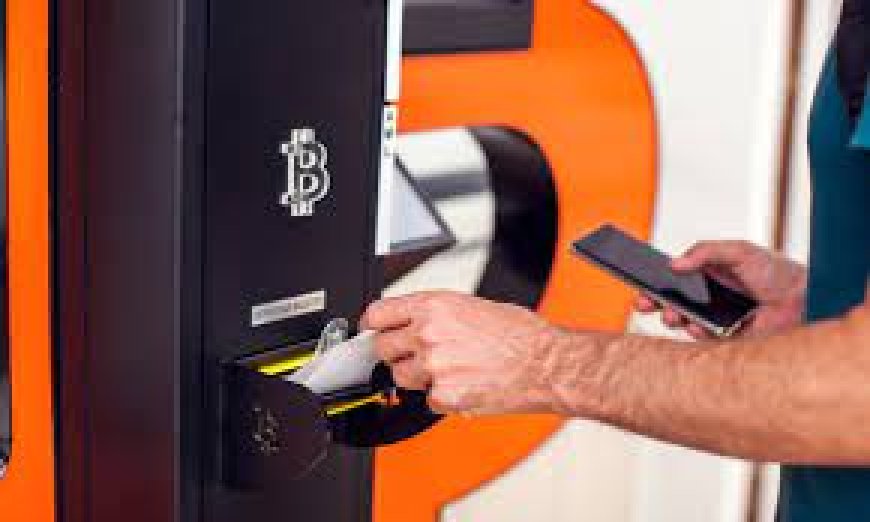North Dakota Senate Approves Bill to Regulate Crypto ATMs with Licensing Framework
North Dakota Senate Approves Bill to Regulate Crypto ATMs with Licensing Framework

North Dakota House Bill 1447 requires crypto ATM operators to obtain a money transmitter license, implement blockchain analytics for fraud detection, and cap individual daily transactions at $2,000.
Key Points:
- North Dakota is moving toward regulating crypto ATMs, with the Senate approving House Bill 1447 to establish a licensing framework.
- The bill mandates crypto ATM operators to:
- Issue fraud warnings
- Obtain money transmitter licenses
- Use blockchain analytics for fraud detection
- Submit quarterly reports
- Appoint a compliance officer
- The legislation comes as crypto ATM scams surge, with FTC data showing a tenfold increase in Bitcoin ATM scam losses since 2020, and TRM Labs reporting $160 million in illicit transactions via crypto ATMs since 2019.
North Dakota is on the verge of establishing a licensing system for crypto ATMs after the Senate approved House Bill 1447, which sets a regulatory framework for the industry.
Introduced on Jan. 15, the bill seeks to protect consumers from crypto ATM-related scams by requiring operators to:
- Display fraud warnings on-screen
- Obtain money transmitter licenses
- Utilize blockchain analytics for fraud detection
- Submit quarterly reports on kiosk locations and transactions
Additionally, crypto ATM operators are required to appoint a compliance officer to oversee regulatory adherence.
A TRM Labs report revealed that crypto ATMs have been linked to at least $160 million in illicit transactions since 2019. Law enforcement agencies worldwide consider them a significant risk for money laundering and scams.
FTC data indicates a nearly tenfold increase in Bitcoin ATM scam losses since 2020, highlighting growing fraud concerns.
In the United Kingdom, the Financial Conduct Authority (FCA) has intensified oversight of the sector, cracking down on unregistered crypto ATM operators.
In 2024, the FCA prosecuted Olumide Osunkoya for operating illegal crypto ATMs that processed $3.4 million, marking the first case of its kind in the country. Osunkoya was sentenced to four years in prison and convicted of forgery, using false identity documents, and possessing criminal property.
Amid rising fraud and regulatory pressure, the number of crypto ATMs has stagnated, despite Bitcoin’s price surge in 2024. Market data from CoinATMRadar shows the total number of U.S. crypto ATMs has remained roughly unchanged since 2022.
What's Your Reaction?
 Like
0
Like
0
 Dislike
0
Dislike
0
 Love
0
Love
0
 Funny
0
Funny
0
 Angry
0
Angry
0
 Sad
0
Sad
0
 Wow
0
Wow
0






































































